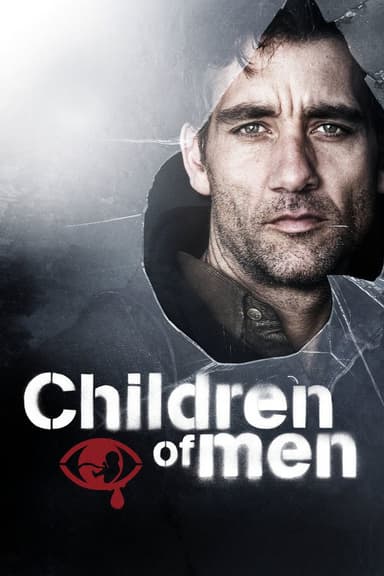
The Running Man
2025 • Action, Science Fiction, Thriller • R
Desperate to save his sick daughter, working-class Ben Richards is convinced by The Running Man's charming but ruthless producer to enter the deadly competition game as a last resort. But Ben's defiance, instincts, and grit turn him into an unexpected fan favorite — and a threat to the entire system. As ratings skyrocket, so does the danger, and Ben must outwit not just the Hunters, but a nation addicted to watching him fall.
Runtime: 2h 13m
Why you should read the novel
Reading Stephen King's 'The Running Man' offers a raw, unfiltered vision of a society pushed to its breaking point by inequality and media manipulation. The novel’s gritty narrative style and deep psychological exploration immerse readers in a desperate, downtrodden world where survival depends on wit and determination. Unlike watching a fast-paced movie adaptation, engaging with the book allows for a more nuanced understanding of its themes of poverty, governmental oppression, and the dangers of mindless entertainment.
Beneath the relentless action lies a powerful critique of late-stage capitalism and the cost of human life in the pursuit of ratings. King’s razor-sharp prose brings the protagonist’s inner turmoil to life, making every decision, every narrow escape, and every moral compromise wrenchingly real for the reader. You’ll find yourself empathizing with Ben Richards on a far deeper level than any film could depict, as the novel takes time to flesh out his motivations, fears, and the crushing weight of his circumstances.
For fans of dystopian fiction or those curious about stories set against twisted realities, 'The Running Man' is essential reading. It delivers thrills, thought-provoking social commentary, and a memorable cast of characters in a harrowing race for survival. Delve into the novel for a richer, more impactful journey than any on-screen spectacle.
Adaptation differences
One of the most significant differences between the movie adaptation and the novel is the tone and setting. The novel presents a bleak, desperate world where the Games are broadcast to the masses, depicting a society in near-total collapse. In contrast, the movie often tonally leans toward spectacle and dark satire, with more vibrant staging and a different kind of dystopian energy, focusing less on poverty and social collapse and more on over-the-top entertainment.
In Stephen King's original story, Ben Richards is an everyman, struggling for the sake of his family, with nothing to lose. He participates in 'The Running Man' because he’s pushed by the need to care for his sick daughter, while the movie’s protagonist is often reimagined as a wrongly accused action hero. This shift in character changes the emotional impact of the story, making the hero’s journey more about personal redemption than systemic critique.
The nature of the hunt is also markedly different. In the novel, Richards is free to run anywhere in the country, blending into the population as he tries to survive the pursuit. The tension comes from the anonymity and paranoia in a crumbling society. Conversely, the film stages the hunt within a highly-controlled, enclosed arena, turning it into a gladiatorial contest, which misses much of the novel’s social commentary about surveillance and government oppression.
Lastly, the endings diverge dramatically. King’s book ends on a grim, ambiguous note, highlighting the brutal consequences of the game and leaving readers with a haunting reflection on violence and exploitation. Movie adaptations, past and present, often opt for a more conventional, explosive climax with clearer lines between good and evil, which can dilute the moral ambiguity and profound tragedy present in the source material.
The Running Man inspired from
The Running Man
by Stephen King (as Richard Bachman)











